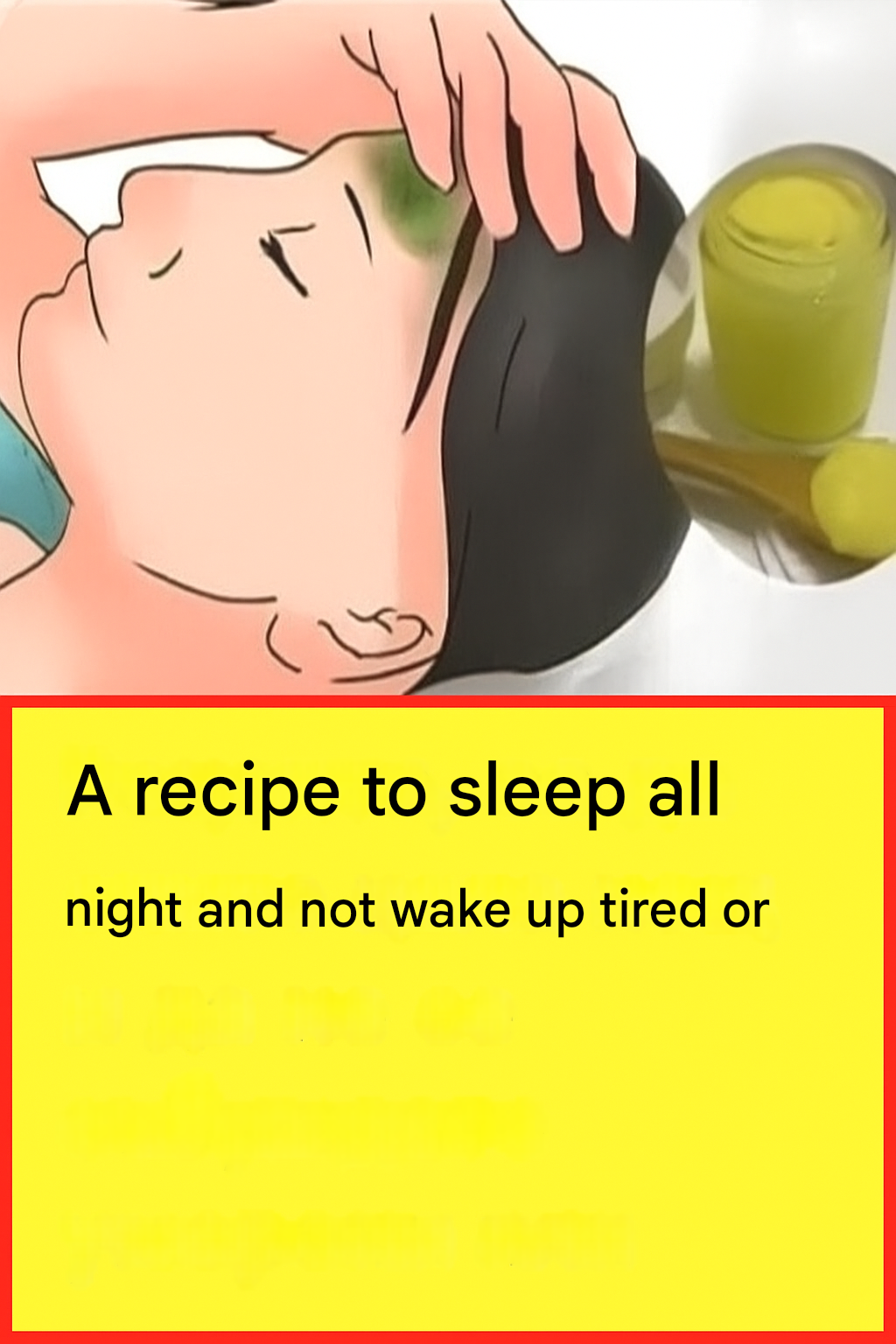To improve your sleep, you can try natural remedies like herbs, teas, and various relaxation techniques. Healthy habits also play an important role in getting a better night’s rest. Many people suffer from short-term insomnia, a common sleep disorder that makes it difficult to fall asleep and stay asleep until morning. While sleep needs vary from person to person, most adults need at least seven hours of sleep per night. If your habits are negatively affecting the quality of your sleep, some home remedies may help. Read on to learn how to take control of your sleep with meditation, exercise, and other natural methods.
🌿Natural remedies
Scientific evidence on the effectiveness and safety of herbal remedies for insomnia is limited. Since some herbs may interact with certain medications, always let your doctor know if you are using such supplements.
– Valerian (Valeriana officinalis): Some studies suggest that valerian root may help you fall asleep faster or prevent nighttime awakenings. However, it may interact with other medications. There are also potential side effects , and its use is not recommended for young children or during pregnancy.
– Chamomile: The U.S. Food and Drug Administration (FDA) considers chamomile to be safe, with no known serious side effects. However, it should not be taken if you are allergic to ragweed, chrysanthemums, or other plants in the Asteraceae family (such as daisies and sunflowers), as it may cause an allergic reaction.
